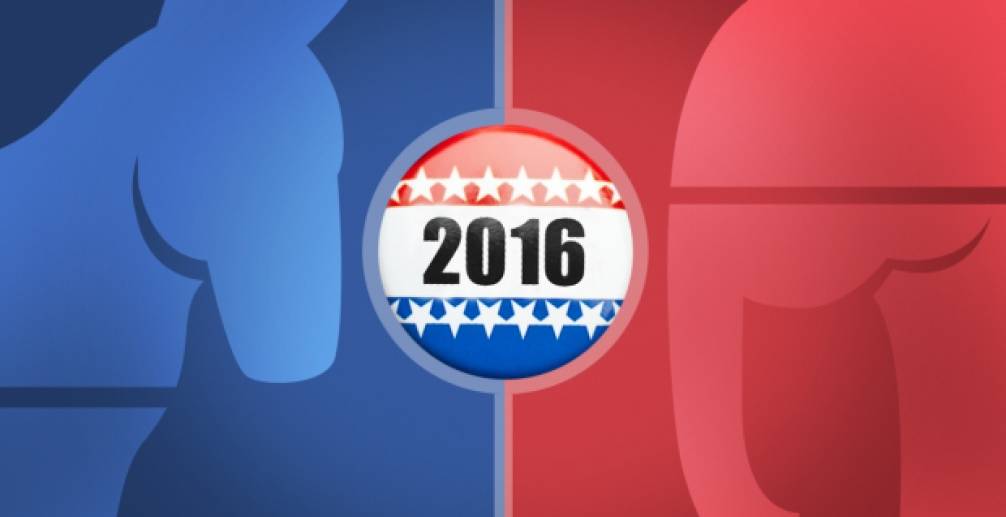
Hunter S. Thompson famously wrote a book entitled “Fear and Loathing on the Campaign Trail” about the 1972 presidential election. Were he still alive he would be able to write a sequel about the 2016 election that would find loathing of the candidates not only among journalists but also among most of the American population. There never has been a presidential election in which the public has less positive evaluations of both candidates, and in which even people committed to the candidates have so many doubts about them. Both candidates are viewed negatively by more than half of the potential voters in every poll that has been taken.
First, most political analysts were surprised that Donald Trump became the nominee of the Republican Party. Even in an extremely fragmented primaries with multiple candidates, his victory in the face of so many negative evaluations was in itself startling to many experts, and to most more traditional members of the Republican Party. For many Americans Trump is abrasive, uninformed and actually frightening. His association with bigots and misogynists on the extreme right, and his consistent admiration of Vladimir Putin repels women, the better educated, and more urbane members of the population. And his statements about Hispanics and Muslims offends even more people.
The Democratic candidate, Hilary Clinton is disliked by almost as large a proportion of the population as is Donald Trump. Going back decades there have been questions–some contrived, some more genuine–about her honesty and transparency. The issues surrounding her e-mails, her interview with the FBI, and the Clinton Foundation have only added to those concerns. The other problem that is plaguing her campaign is that she represents the status quo. Part of the reason for the success of Trump, and the appeal of Bernie Sanders, was that he represented a change from domination by an institutionalized political elite. Secretary Clinton is thus in the uncomfortable position of representing stability to an electorate that seems to want change at the same time that she also advocates significant changes in policy.
Although much of the election is about the personalities of the candidates, there are some issues. One of the more important issues has been trade, and the presumed negative effects of agreements such as NAFTA and the proposed TPP treaty on employment in the United States. Both candidates now oppose the TPP, even though President Obama continues to support it. Foreign policy more generally also is an important issue, with the enduring involvement in conflicts in the Middle East and Afghanistan producing substantial debate. Interestingly, there has been somewhat less discussion of domestic policies, other than vague commitments to produce more jobs.
Given this contest among the disliked, who is more likely to win? At this writing the two candidates are very close, with Secretary Clinton holding a slight lead. Although there are still almost two months until election day, it seems that she is the probable winner. First, there seems to be a clear ceiling to the possible support for Donald Trump – a significant portion of the population say they would never consider voting for him. Second, Hilary Clinton has a much stronger “ground game”, meaning the organization to get her voters to the polls. And third, she has a firm foundation in large states such as California, New York and Illinois that provide her a good share of the electoral votes needed to win, while Trump has big margins in smaller states with fewer electoral votes.
As important as the presidential election may be, the races for Congress and especially the Senate are also important. There is some reasonable chance that the Democrats will take a number of Senate seats and perhaps enough to gain control of that house. That control is important given that the Senate confirms appointments of federal judges and many of officeholders in the executive branch. There is little or no chance that the Democrats will gain control of the House of Representatives, although they may be able to make the balance within the House somewhat more equal.
The ultimate question, even more fundamental perhaps than who will win the election this year, is why can not a country with over 300 million inhabitants find a more appealing pair of candidates. There are thousands of people with the intelligence and integrity to be president, but they can not survive the primary elections, or are so repelled by the process that they will not put themselves forward. This, along with the widespread disaffection of voters with Washington and the institutions of the federal government presents an serious and continuing problem for politics in the United States.
~~~
